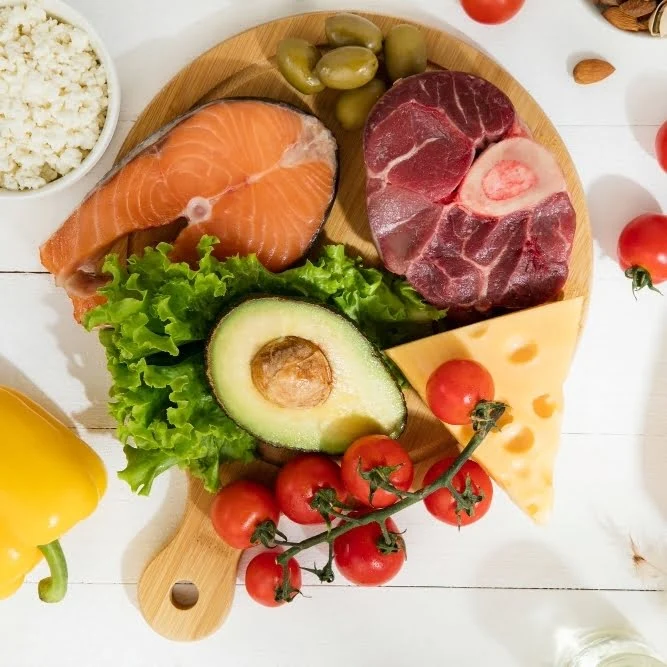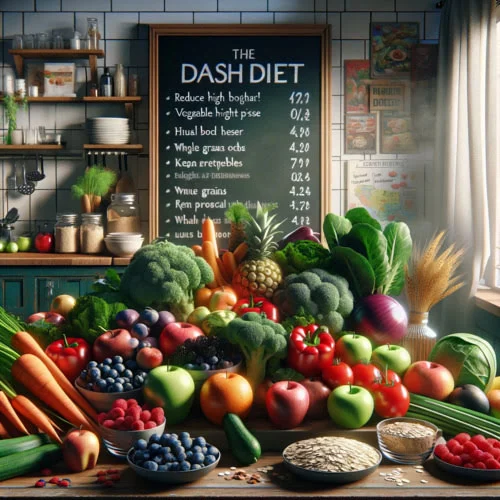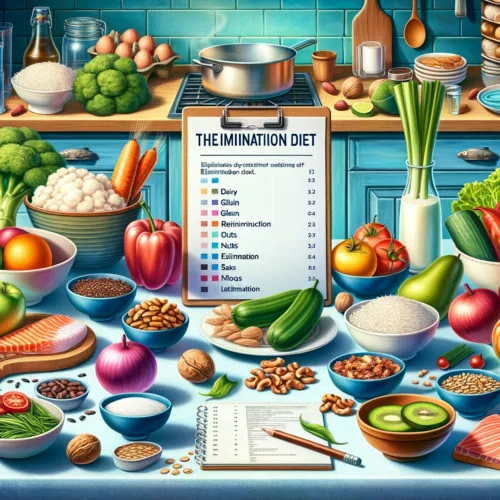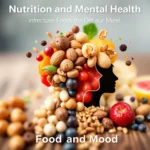What is protein?
Proteins are one of the basic macromolecules that make up our body. They are the building blocks of cells, tissues and organs and perform important functions in our body. Proteins are made up of amino acids, which are combined in a certain sequence and form complex structures. These molecules have a variety of shapes and properties that allow them to perform various tasks, including transporting substances, regulating processes, protecting the body, providing motor activity and much more. The role of proteins in human nutrition is an integral part of good nutrition and plays a key role in maintaining health and normal functioning of the body.
Definition and structure of proteins
Proteins are complex and important molecules composed of amino acid residues linked together by peptide bonds. They have a variety of sizes, shapes, and functions. Protein structure includes four levels of organization: primary, secondary, tertiary, and quaternary structure.
- Theprimary structure is a unique sequence of amino acid residues linked together in a chain. This sequence determines the specific properties and functions of the protein.
- Thesecondary structure is formed due to hydrogen bonds between amino acid residues in the protein chain. It can be in the form of helical α-helices or straight β-folds.
- Thetertiary structure is the three-dimensional conformation of a protein, which is due to the interaction of amino acid side chains and the formation of various bonds such as hydrophobic interactions, ionic bonds, and disulfide bridges.
- A quaternary structure occurs when several polypeptide chains join together to form a functional protein complex.
This complex structure of a protein determines its ability to perform a variety of functions in the body and is the basis for its unique properties. Each amino acid in the protein chain contributes to its form and function, determining its specificity and interaction with other molecules in the cell. A change in just one amino acid can lead to significant changes in protein structure and function, which can have far-reaching consequences for the body. Understanding the definition and structure of proteins allows us to better understand their role in vital body processes and the importance of having them in our diet to maintain health and well-being.
Protein functions in the body
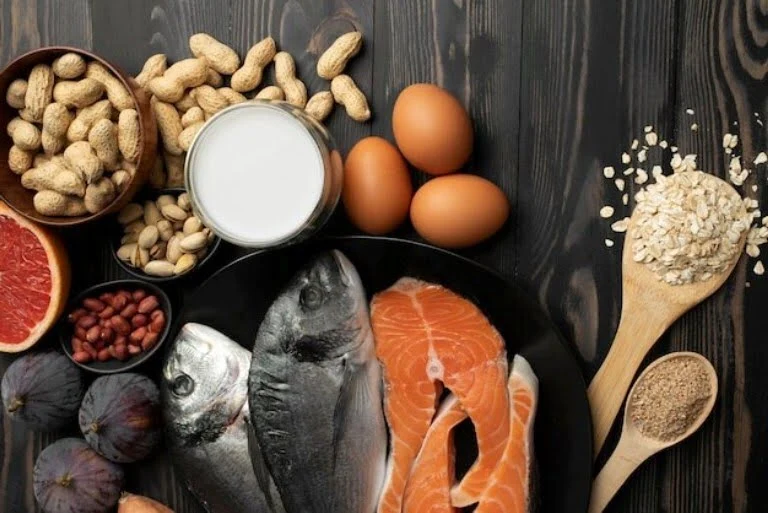
Proteins perform a variety of functions in the body, such as building and repairing tissues, transporting nutrients, regulating processes, protecting the body, providing motor activity, and transmitting signals. They can also serve as a source of energy and as reserve sources of amino acids. The functions of proteins are essential for maintaining health and normal functioning of the body. Let’s look at the functions of protein in the body in more detail below.
Building function of proteins
Proteins perform an important building function, participating in the formation and repair of body tissues. They are the basic building material for cells, muscles, bones, skin and other tissues.
Transport function of proteins
Some proteins serve as transport molecules that carry various substances throughout the body. They make sure that oxygen, nutrients, hormones, and other important molecules get to where they are needed.
Regulatory function of proteins
Proteins play a key role in the regulation of various processes in the body. They participate in the transmission of signals between cells, control the activity of genes, regulate chemical reactions and maintain homeostasis (balance) in the body.
Protective function of proteins
Some proteins have a protective function, providing immunity and protecting the body from harmful influences. They are involved in fighting infections, antibodies neutralize harmful substances and help the body recover from injury or illness.
The motor function of proteins
Certain proteins, such as actin and myosin, enable muscle movement and contraction. They allow us to move, exercise and keep our internal organs moving.
Signaling function of proteins
Some proteins work as signaling molecules, transmitting information within a cell or between cells. They play a role in the regulation of metabolism, development and growth.
Function of storage proteins
Some proteins can serve as reserve sources of amino acids and energy. During periods of starvation or nutrient deficiency, the body can break down these stores to maintain life.
Energy function of proteins
When carbohydrates and fats are scarce, proteins can be used as a source of energy. The body breaks down proteins into amino acids that can be used to synthesize energy.
Catalytic function of proteins
Enzymes are special types of proteins that have a catalytic function, i.e. they accelerate chemical reactions in the body. They play a crucial role in metabolic processes and ensure the normal functioning of organs and body systems.
Nutritional function of proteins
Proteins are a source of amino acids that are essential for cell growth and repair, synthesis of hormones, enzymes and other important molecules. They play an important role in maintaining a healthy state and optimal functioning of the body.
The importance of proteins in human nutrition
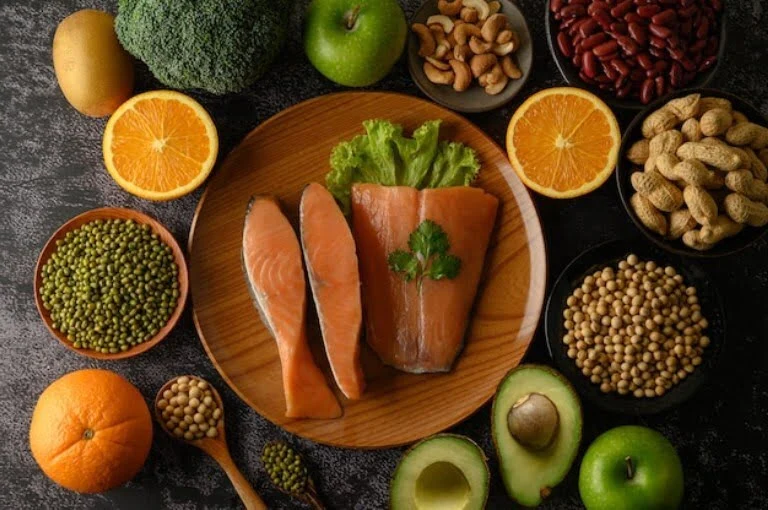
It is important to consider the need for protein by choosing a variety of protein sources in the diet, including animal and plant foods, to ensure adequate intake of this important nutrient for the health and well-being of the body.
Protein requirements and rationing
Protein plays an important role in our diet as it is essential for growth, development, tissue repair and overall body health. Protein requirements vary depending on age, gender, physical activity and other factors. Protein rationing helps ensure that your body is getting the right amount of this important nutrient.
Physiological role of proteins in nutrition
Proteins fulfill a number of physiological roles in nutrition. They are building blocks for cells, tissues and organs, participate in the regulation of metabolic processes, transport substances throughout the body, participate in the body’s defense and provide energy. Proper dietary protein intake is essential for maintaining health and normal body function.
Main sources of protein in the diet
They are categorized into animal and plant sources.
Animal sources of protein
Animal products are a rich source of protein. Meat, poultry, fish, eggs and dairy products contain high quality proteins that contain all the essential amino acids for the body. They are also a good source of iron, zinc and vitamin B12.
Plant sources of protein
Plant foods can also be a good source of protein. Legumes, nuts, seeds, soybeans, grains and vegetables contain protein, although they may be somewhat less complete than animal sources. However, combining different plant foods can provide all the essential amino acids and meet protein needs.
Signs of protein deficiency and excess in the body
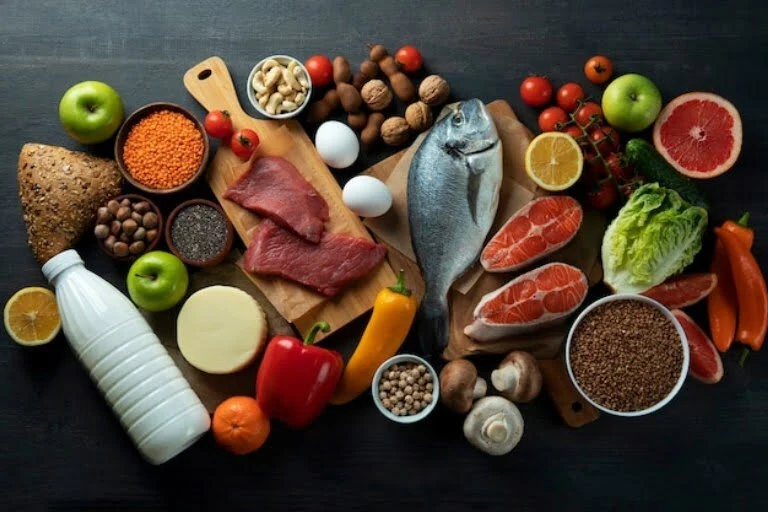
It is important to maintain a balanced protein intake to avoid both deficiencies and excesses of this nutrient and to ensure optimal body function.
Signs of protein deficiency
Protein deficiency in the body can manifest itself through several signs. Muscle weakening is one of the main signs of protein deficiency, as proteins are the building blocks for muscle tissue. People with protein deficiency often experience muscle weakness and loss of muscle mass.
Deteriorating skin, hair and nails can also be a sign of protein deficiency. Protein plays an important role in the formation of collagen, which keeps skin healthy and firm, and is also the building material for hair and nails. When protein is deficient, skin can become dry, hair can become dull and brittle, and nails can become brittle and weak.
Delayed growth and development is especially noticeable in children with protein deficiencies. Protein is essential for normal growth and development of tissues, organs, and bones. Protein deficiency can lead to limited growth and development in children.
Other signs of protein deficiency may include increased fatigue, decreased immunity and increased susceptibility to infections, slow healing of wounds and ulcers, and loss of muscle strength and mass.
Signs of excess protein
Excess protein in the body can also have negative effects. Signs of excess protein can include increased strain on the kidneys. When the body receives excess protein, the kidneys must work harder to filter and excrete the excess nitrogen and other waste products that are produced when the protein is processed. Prolonged excessive protein intake can overload the kidneys.
Excess protein can also lead to weight gain due to excess calorie intake. Protein contains calories, and when consumed in excess, it can lead to overweight and even obesity, especially if those calories are not burned off by physical activity.
It is possible to increase cholesterol levels with excess protein. Some studies have linked excess animal protein to increased blood cholesterol levels, which may increase the risk of cardiovascular disease.
Digestive problems such as constipation can also be a sign of excess protein. Excess protein can strain the digestive system and cause an imbalance in the intestinal microflora, which can lead to digestive problems.
It is important to emphasize that it is recommended to maintain a balance in protein intake to avoid both deficiencies and excesses of this nutrient and to ensure optimal functioning of the body.
The role of proteins in the nutrition of children and adolescents
Protein plays a key role in the nutrition of children and adolescents, as it is essential for maintaining their health, growth and development. At this stage of life, protein plays a particularly important role in the formation of new tissues, muscles, bones and organs, as well as in maintaining immune function and energy metabolism.
The importance of protein in growth and development
Protein is the basic building material for the growing body. It not only ensures the growth and development of tissues, but also plays an important role in the formation and repair of muscles, bones and organs. Protein is also involved in the synthesis of hormones, enzymes and antibodies, which significantly affects the overall physical and mental development of children and adolescents.
Protein intake recommendations for children and adolescents
Protein intake recommendations for children and adolescents are based on their age, sex, physical activity and general health. In general, it is recommended to ensure adequate protein intake to support normal growth and development. The amount of protein recommended can range from 1 g to 2 g per kilogram of body weight per day, depending on the age group. It is important to obtain protein from a variety of sources including meat, fish, poultry, eggs, dairy products, legumes, nuts and cereals to ensure adequate intake of all essential amino acids and nutrients.
Protein intake recommendations for children and teens also take into account their individual needs and health status, so it’s important to consult your doctor or dietitian for personalized nutritional guidance and advice.
The role of proteins in human nutrition – conclusion
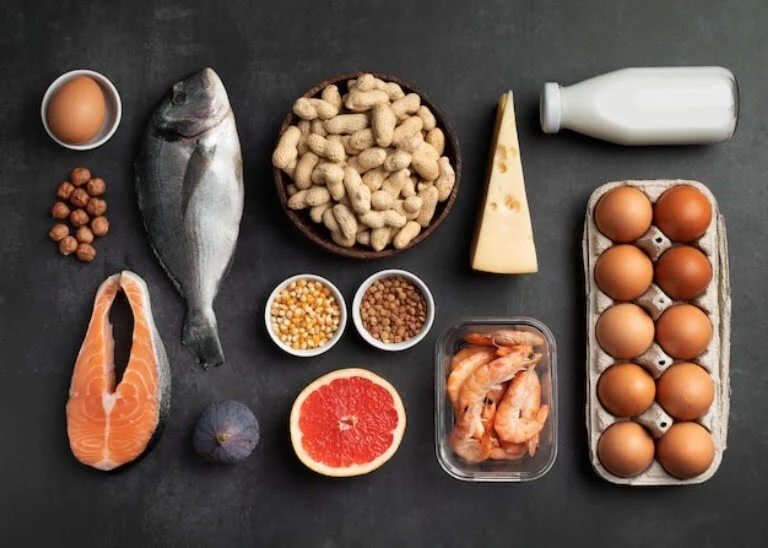
Protein plays a critical role in our nutrition and the healthy functioning of the body. It performs many functions, including building tissues, transporting substances, regulating processes, protecting the body, providing motor activity and transmitting signals. Proper protein intake as recommended is important for health, growth and development, as well as optimal immune system function and energy metabolism.
A lack or excess of protein in the body can have negative consequences. Protein deficiency can lead to weakened muscles, poor skin, hair and nails, stunted growth and development, as well as fatigue and decreased immunity. On the other hand, excess protein can cause kidney strain, excess weight and an increased risk of cardiovascular disease.
It is important to strive for a balance in protein intake by choosing a variety of protein sources in the diet, including animal and plant foods. Protein intake recommendations vary depending on age, gender, physical activity and other factors. Therefore, it is recommended that you consult a physician or dietitian for individualized nutritional advice and recommendations.
Taking care to eat the right amount of protein in our diet will help us maintain health, energy and optimal body function throughout our lives.

